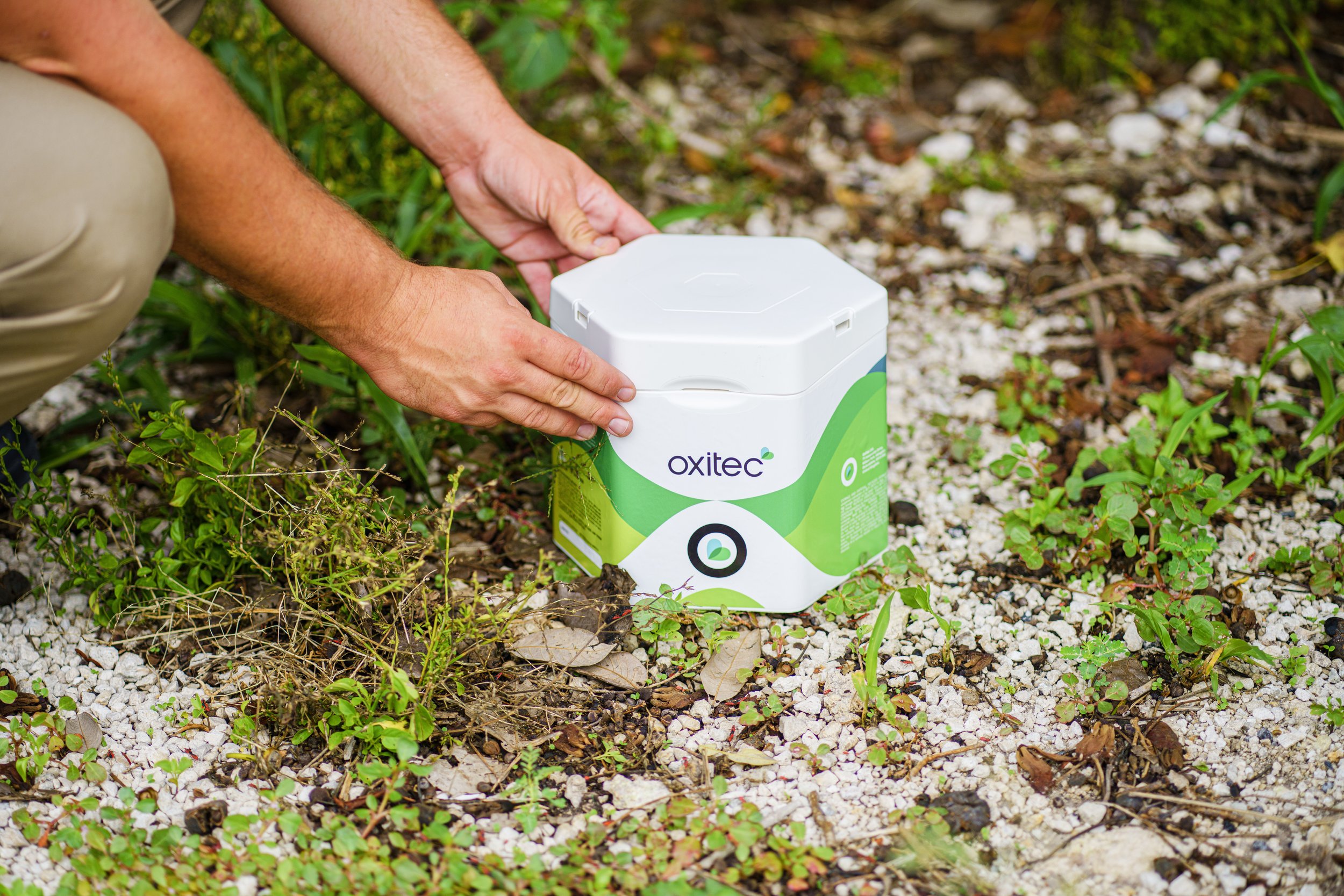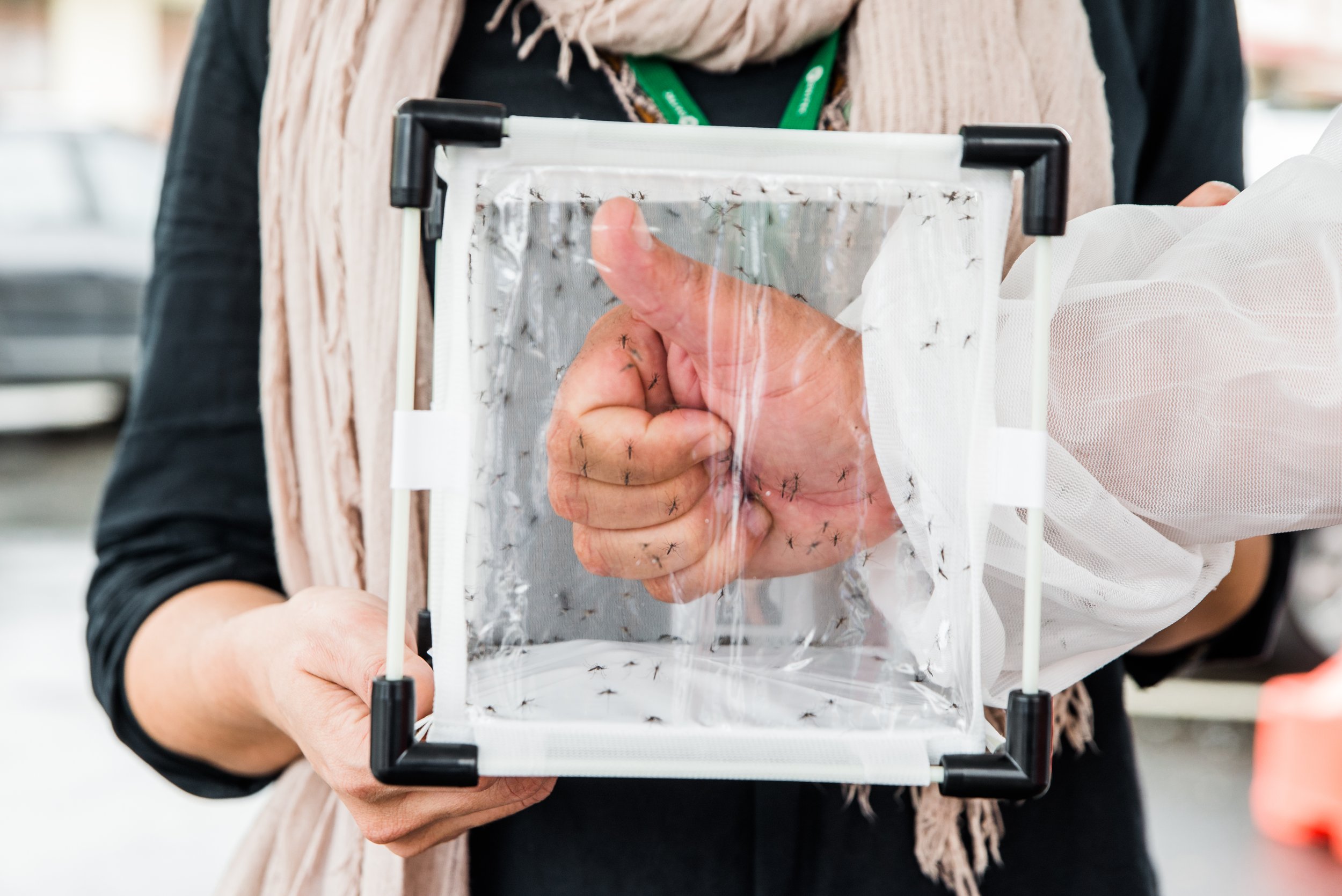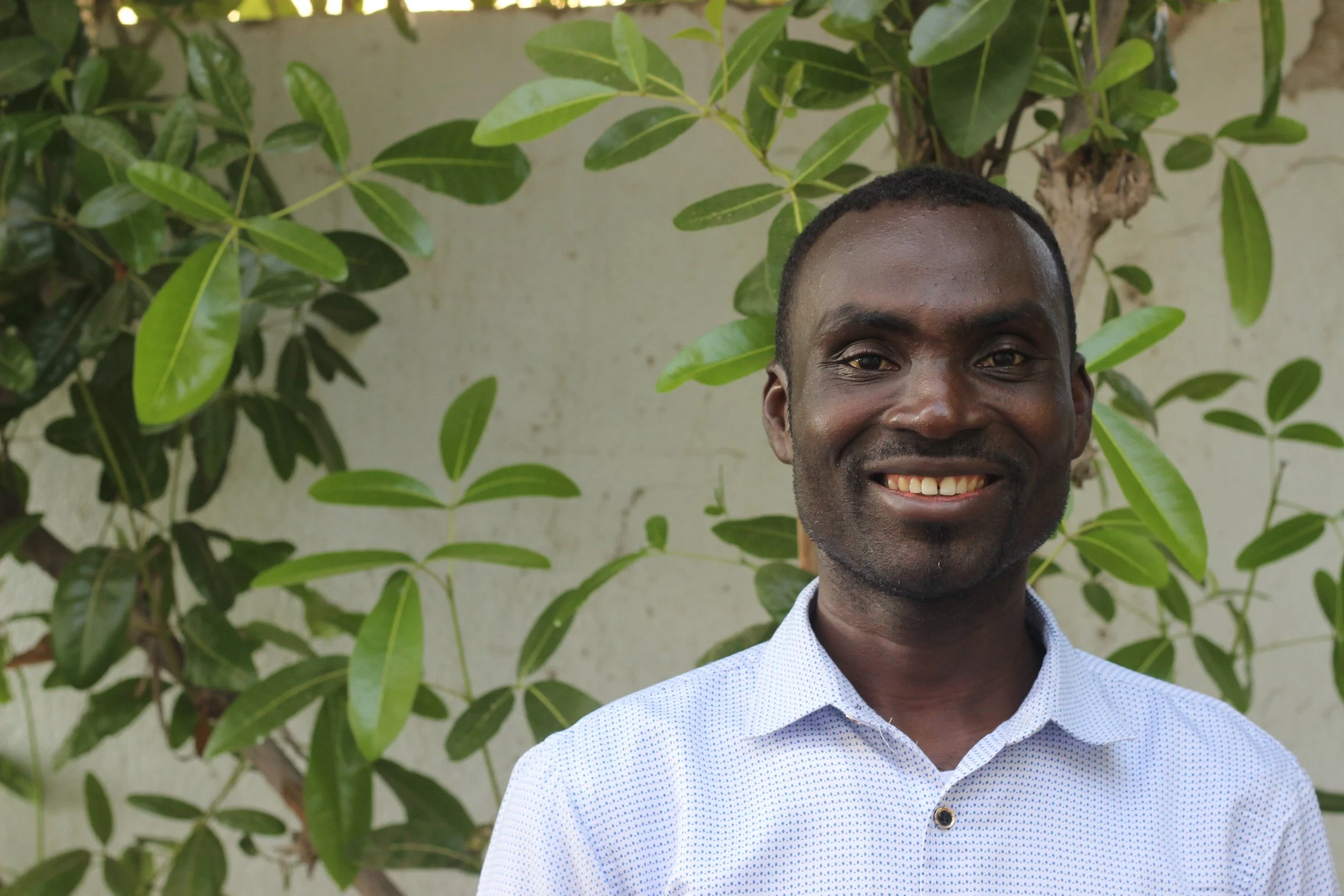Malaria kills more than half a million people each year across the world and, according to the World Health Organization, nearly half of the world’s population is at risk.
Oxitec’s malaria program targets two malaria-spreading mosquitoes, Anopheles stephensi and Anopheles albimanus, that threaten communities and pose significant challenges to the international community’s regional malaria eradication goals. Both are widely resistant to insecticides and readily bite humans outdoors, reducing the effectiveness of bed nets and other indoor prevention tools.
Anopheles stephensi is the dominant malaria vector in South Asia and the Middle East. In around 2012 it invaded Djibouti, in the Horn of Africa, and has since spread to several neighbouring countries, and as it spreads further experts warn of disastrous malaria outbreaks across African cities.
Powered by Oxitec’s Friendly™ technology platform, the solutions under development are designed to help combat the spread of malaria in Eastern Africa and Central and South America. Releases of Friendly™ non-biting male mosquitoes will reduce populations of these malaria vectors in a safe, environmentally friendly way. This approach is intended to work hand-in-hand with the existing tools available to public health authorities, including insecticides, bed nets and malaria medication, offering more sustainable protection over the long term.
Anopheles stephensi in East Africa
Anopheles stephensi is a malaria-transmitting mosquito native to Asia, but has widely spread to the Middle East and now invaded the Horn of Africa. Unlike most malaria vectors, it is adept at colonizing urban environments, presenting a significant risk to people across countries with dense urban environments.
In one recent publication describing this new threat in Africa, two leading mosquito experts stated that “urgent action is needed to prevent urban malaria epidemics from emerging and causing a public health disaster.”
Anopheles albimanus in Central America
Anopheles albimanus is a mosquito distributed across Meso-America, where it is an important vector of malaria. Female Anopheles albimanus mosquitoes blood-feed from people and other animals, with most biting occurring outdoors when people are unprotected by bed nets and other measures that can be effective inside their homes.
50 million people live at risk of malaria across the Central America region. Effective vector control tools are sorely needed to support malaria prevention and eradication.
Oxitec in Djibouti
In May 2022, Oxitec and the Government of Djibouti announced a new multi-year partnership to fight the malaria-transmitting invasive Anopheles stephensi mosquito threatening the Horn of Africa.
This program will pilot a new Friendly™ mosquito control technology to combat the growing threat to the region posed by this rapidly spreading, devastating malaria vector.
Oxitec in Panama
Oxitec has launched a new phase of its malaria program in the Americas; establishing a team in Panama with the aim of preparing for future pilots of Friendly™ mosquitoes to combat the dominant malaria-spreading mosquito in Central America.
In Panama, malaria transmission continues to threaten lives in many rural areas. Innovative solutions are needed to combat the most important malaria-carrying mosquito, due to increasing resistance to insecticides and traditional vector control methods.
Sustainable Solutions
This technology reduces reliance on traditional insecticides and pesticides and can slow development of pest resistance to insecticides.
Friendly™ mosquitoes are target-specific, non-biting, non-toxic, and self-limiting in the environment.
Oxitec Friendly™ technology has no harmful effects on the ecosystems in which it is applied.
A Global Collaboration
To apply Oxitec’s Friendly™ technology against malaria-spreading mosquitoes, a dedicated team of experts at Oxitec from more than 10 countries has spent nearly four years conducting early development and innovation. This team will now advance the development and pilot validation of the Friendly™ mosquito platform to combat Anopheles stephensi, predicted to cause urban malaria epidemics across Africa; and Anopheles albimanus, which is slowing malaria eradication efforts in the Americas.
We will partner with regional experts and communities to conduct field pilots of the Friendly™ solution targeting these two important vectors, and in parallel Oxitec will advance the development of innovative Friendly™ mosquito production, distribution and deployment methods to be tested in pilot locations, to deliver Friendly™ solutions that are scalable and accessible in malaria-endemic regions.
Malaria program leads
Mattia Poletto
Program Lead, Anopheles





















